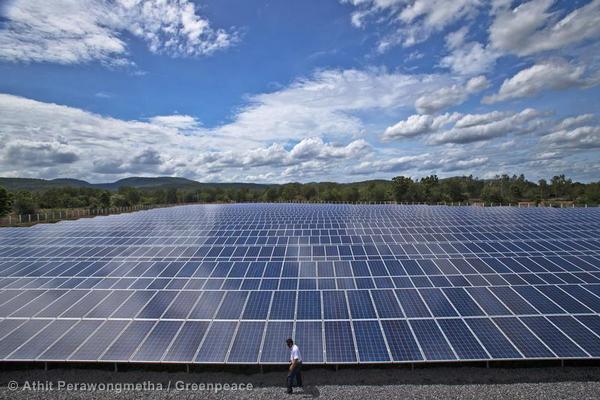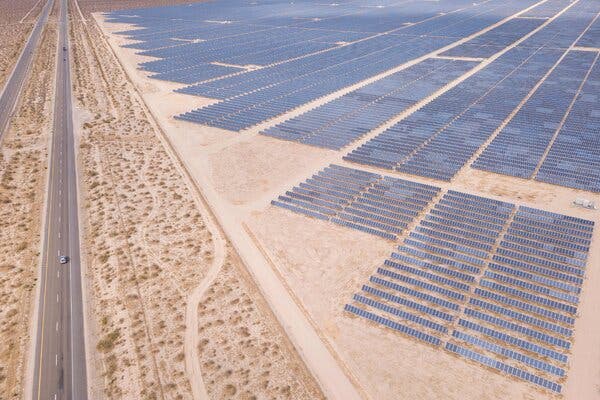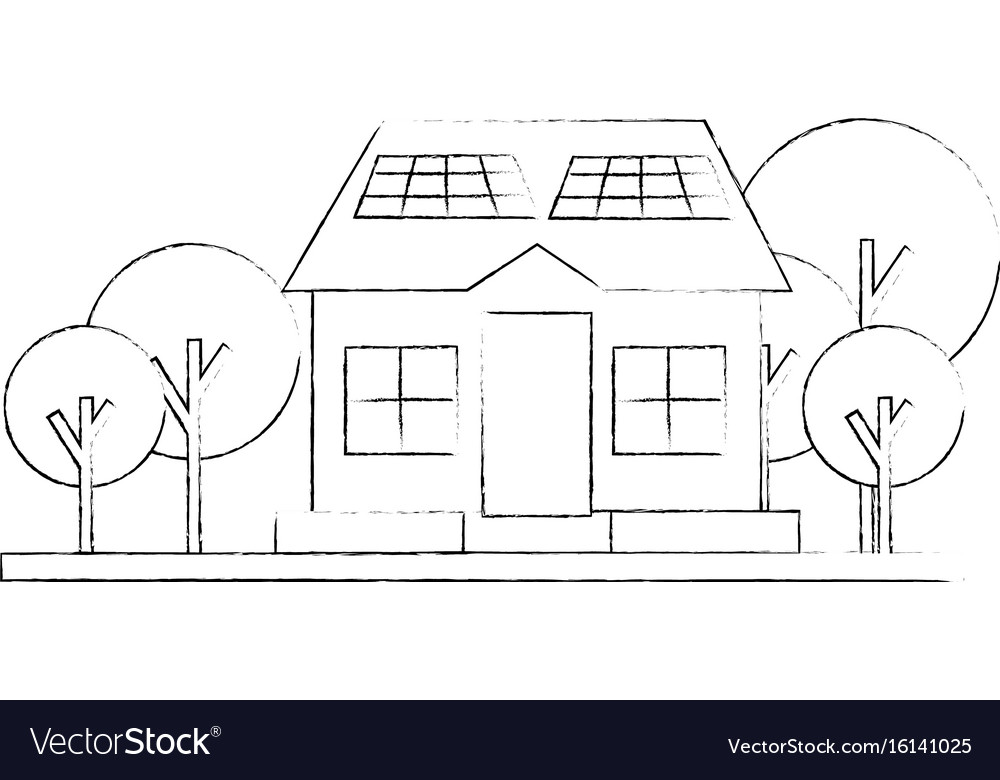
The efficiency of solar panels can decrease over time. This can be caused by a variety of factors, including weather conditions. Temperature and cold can cause microcracks, which place constant strain on panels. Solar panels can be affected by the slope of the roof.
Solar panels lose efficiency due to the weather
Ambient air temperatures that are too high can cause solar panels to lose efficiency. For every degree of increase in temperature, the panel loses one percent of its peak output. Check the temperature coefficient to determine how temperature affects your solar panel. High summer temperatures like those found in California can cause lower efficiency.
Solar panels can also be affected by snow and ice. Although solar panels can withstand ice, it takes a while for them to melt after a night of freezing. Additionally, snow can block some of the sun's radiations which will reduce efficiency. Solar panels that receive less daylight in winter will also produce less power.
Color effects
Solar panels that harness the sun's light are more efficient that those that don't. A small fraction of the electromagnetic spectrum is not appropriate for photovoltaic manufacturing. This is because the higher the wavelength, the less efficient the solar cell becomes. According to the second law of thermodynamics, energy absorbed must equal energy emitted.

You have many options when it comes to solar panels. The color you choose is important since it influences the amount of light reflected by the panels. A light-colored panel will only reflect a small amount of light. This will result in a decrease in light transmission, which will affect the panel's current and overall power output. The color you choose will determine the amount of loss. However, the lighter the color will have the least impact on performance. An interference coating is a good option to reduce the effect. This will reduce reflection and increase performance.
Chemical buildup has adverse effects
Over time, solar panels are likely to lose some of their efficiency. This is known as degradation. This process, which occurs naturally due to exposure to sunlight and other elements, can lead to a significant decrease in the panels' production capacity. According to the National Renewable Energy Laboratory, solar panel capacity can drop anywhere from 0.5 percent to 0.8 per year. While this degradation rate isn't significant enough to have an impact on most homeowners, it is still something to think about.
When solar panels are processed, chemicals are often used in the manufacturing process. These chemicals can pose a threat to the environment. Some manufacturers of solar panels may simply dump these chemicals, rather than recycling them. Some solar panel manufacturers might try to reduce costs by using nonrecyclable materials and byproducts that could degrade panels.
Effects of slope of roof
The slope of your roof might not be as crucial as you think. In fact, slope has less of an effect on solar panel efficiency than direction. Solar panels with steep roofs will produce the most energy if they face east at a angle of 15 degrees. However, lowering the tilt to five degrees will reduce the energy production by approximately ten percent. Flat roofs on the other side will be covered by leaves, windborne particles, and dust. They are not self-cleaning.
The orientation of your solar panel will depend on where you live. They should be facing the south. Orienting them north or southwest will result in a loss of around eight percent of the energy they produce, according to a study conducted by Aurora Solar. Solar panels on a north-facing rooftop may also be partially obscured in morning and evening.

Temperature-related effects
Solar panels' efficiency is greatly affected by their temperature. The best panels work at temperatures between 25 and 77 degrees Fahrenheit. This is the industry standard for optimal performance. Manufacturers evaluate their panels based upon the amount they can produce energy at each temperature. The temperature coefficient is a measure of how much energy can be reduced for each temperature higher than the standard. Look for this number on a panel's specification sheet.
The effects of temperature on solar panels are obvious. Solar panels are more efficient in summer than they are in winter. But, in most climates this effect will not be significant. For optimal performance, it's important to be aware of the temperature in your region.